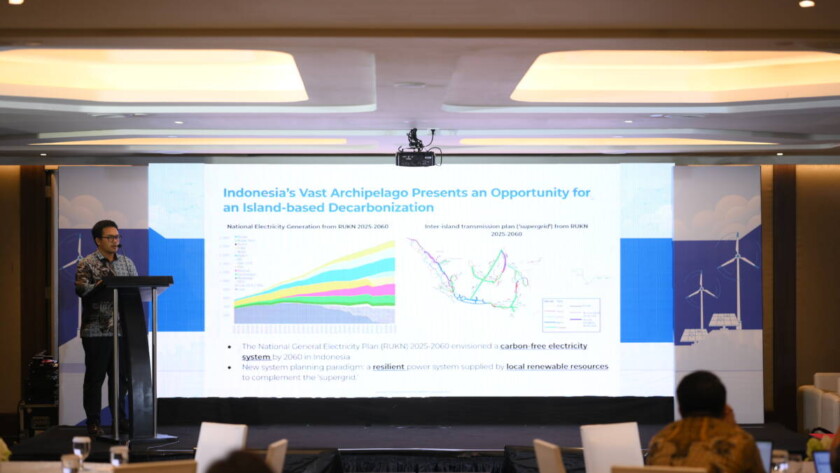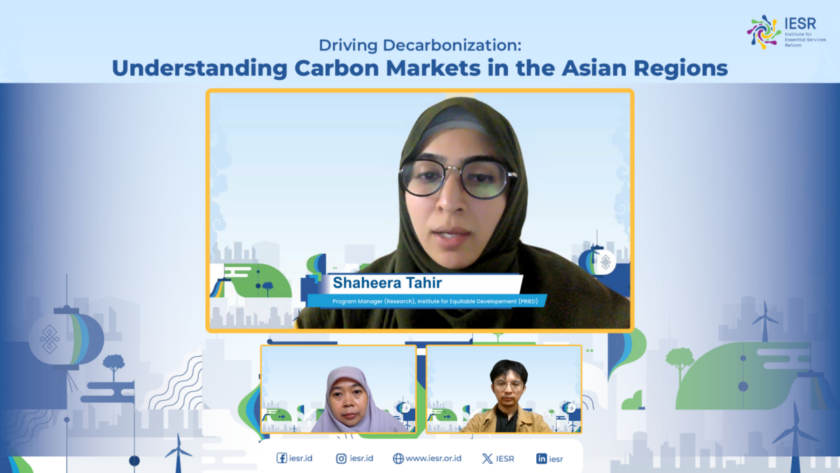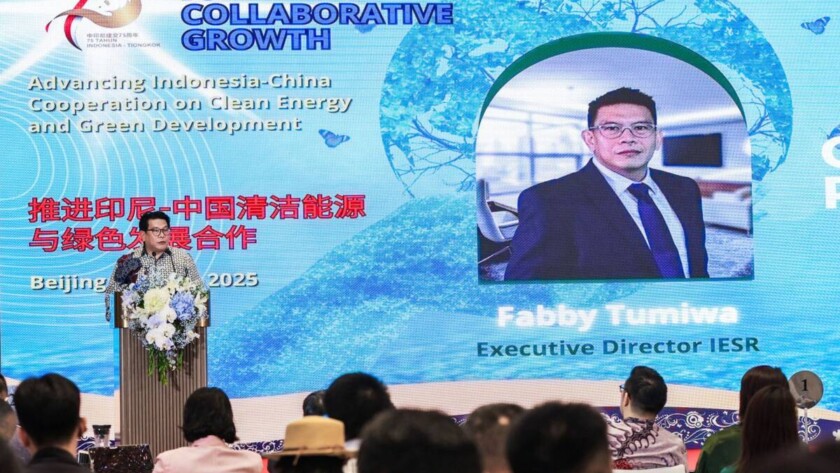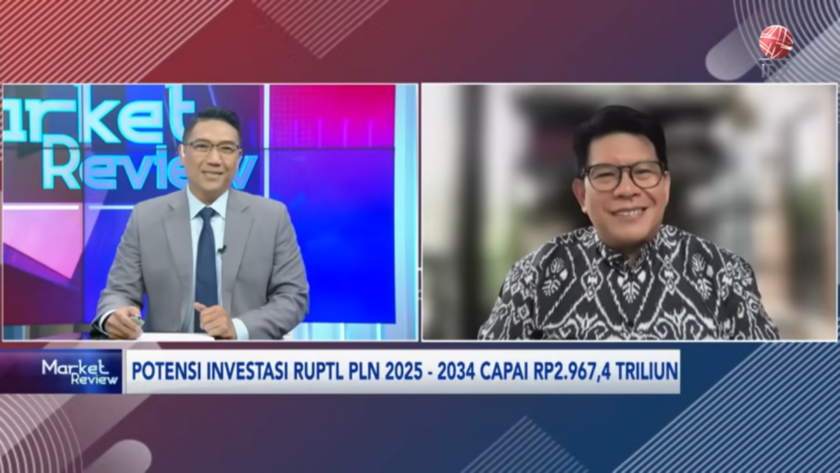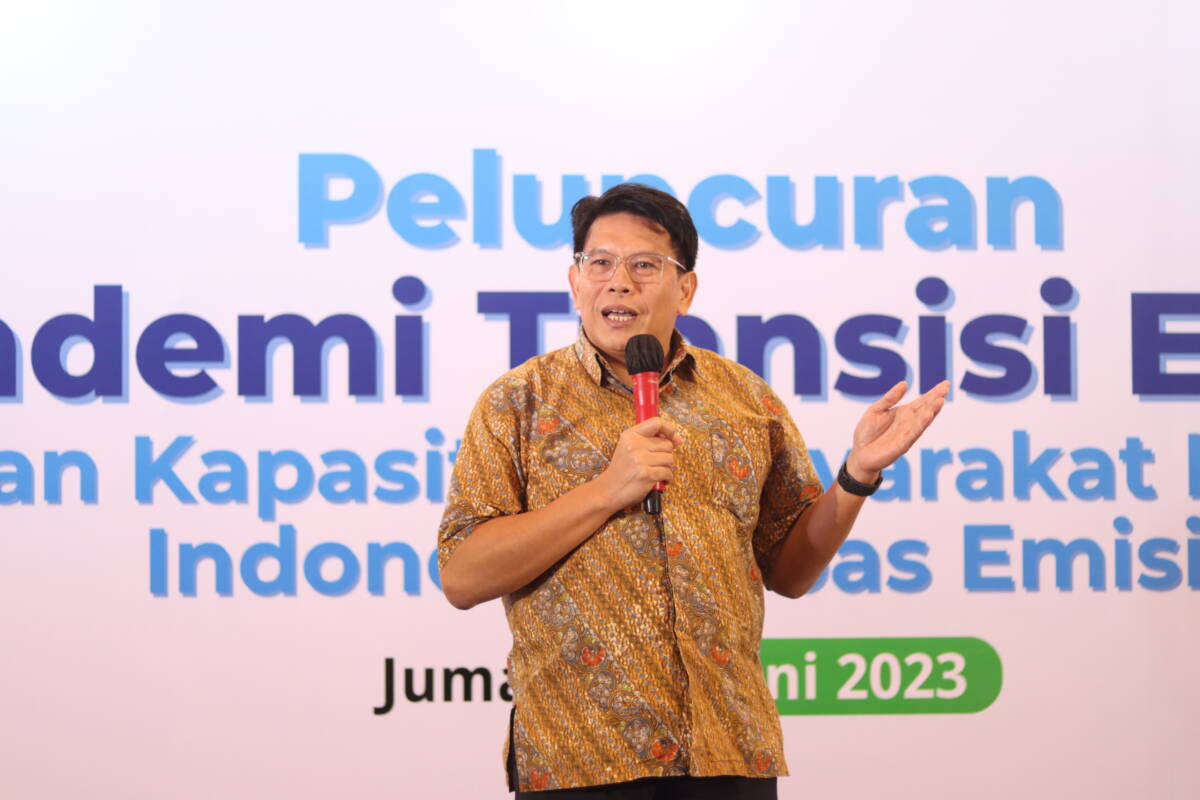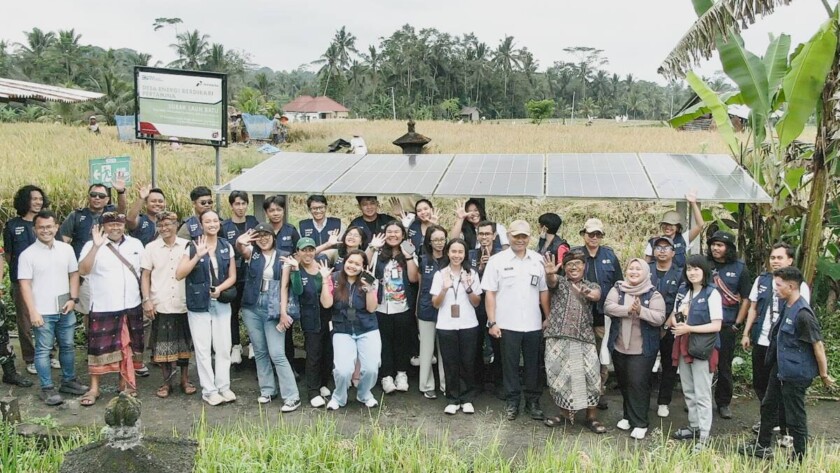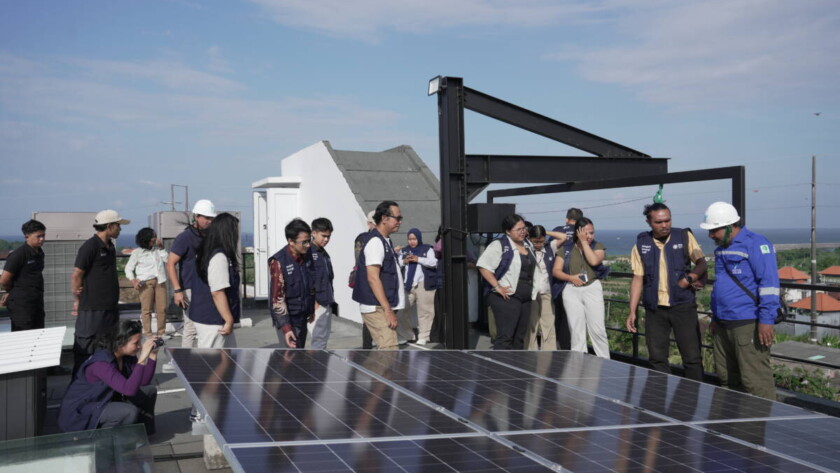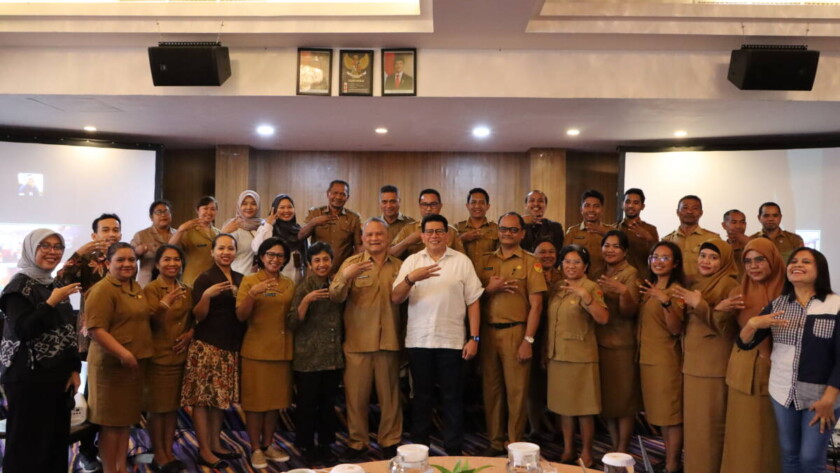Background
The climate crisis we face today is the result of accumulated greenhouse gas emissions from various sectors, including everyday individual activities. According to the IPCC report, to limit global warming to below 1.5°C, global emissions need to be reduced by 43% by 2030 compared to 2019 levels. Individual contributions become increasingly important in this…


